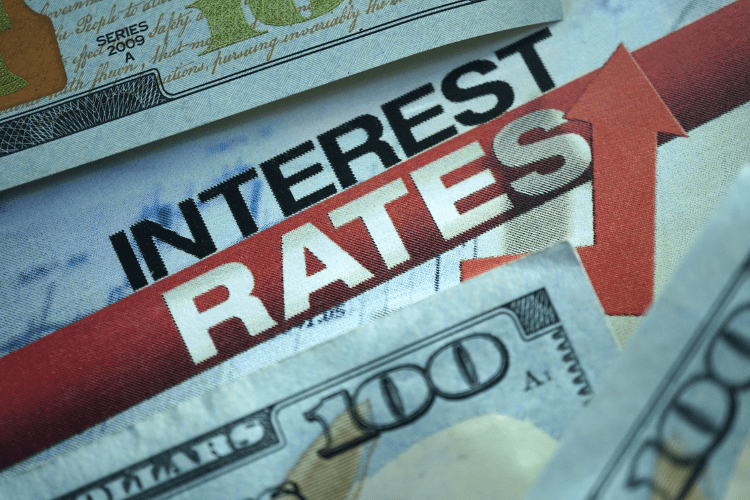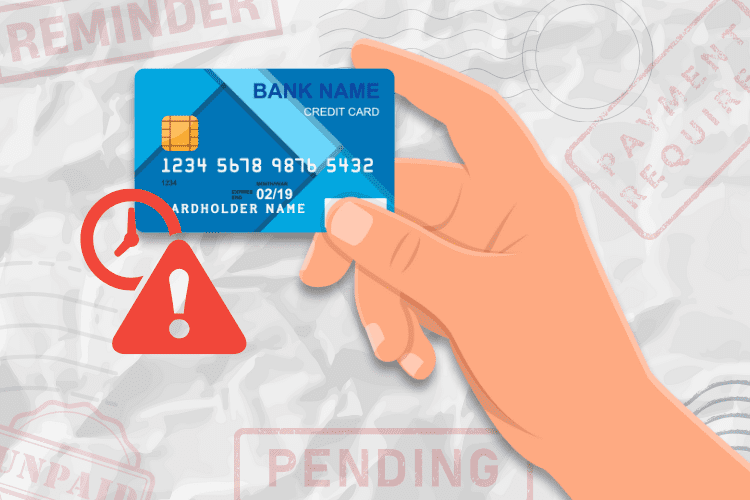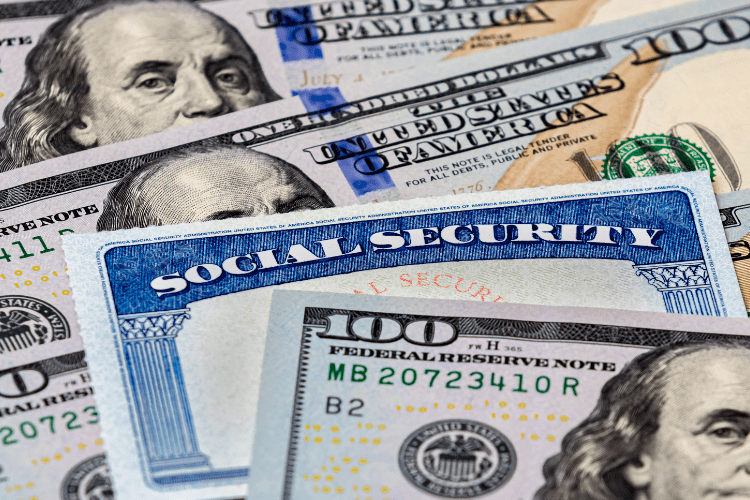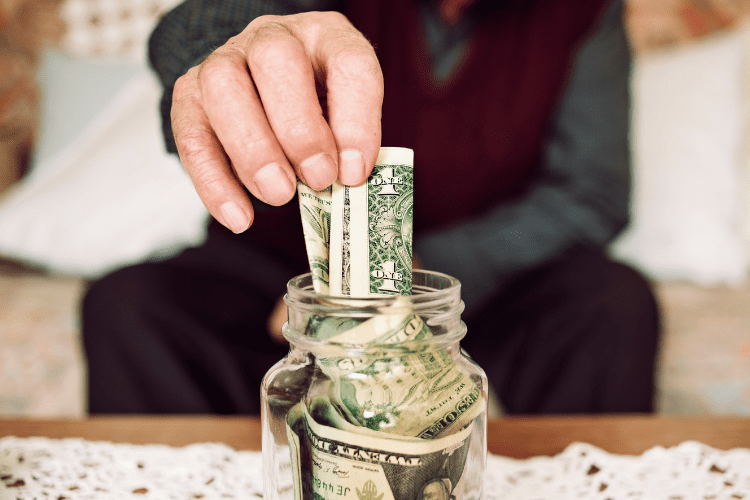Why The Recent Rate Hikes Can Encourage People To Save

For the ninth time this past year, the Fed has decided to increase interest rates from 4.75% to 5%.
Recent findings demonstrate that, at least for the time being, plenty of savings accounts and CDs offer at least 4% returns or higher. While it isn’t an ideal scenario for taking out loans, the interest rate fiasco may trigger the start of a long-term saver’s market.
So should you consider holding on to your money for the long term? Let’s look deeper into rising interest rates and how they change the financial landscape.
Why Did These Interest Rates Happen?
The recent rate hike wasn’t caused by a single event but rather by a combination of factors.
Inflation rose to its higher levels in 40 years, creating a cost-of-living crisis that we still feel today. Add in external issues like supply chain problems, the war in Ukraine, and a slow post-pandemic recovery, and these problems created the perfect storm for the Fed to spring into action.
The Federal Reserve Bank has two leading roles in our financial sector: to keep unemployment low and inflation levels stable.
With inflation being out of control last year, it raised interest rates for the first time in over ten years to bring prices down. Even if inflation has slowed in 2023, the Fed has slowly increased the federal funds rate to 5% to stabilize the economy.
How Do Rate Hikes Affect Our Finances?
When rates rise, both institutions and households become more cautious. Here are some changes you need to look out for:
Higher Loan Rates
When rates go up, lending institutions become more conservative with their investments.
A more cautious banking sector makes it harder for borrowers to get the money they need for significant purchases like business loans, homes, and cars. As a result, everyone cuts back on spending, slowing economic growth.
While this may seem bad on the surface, slowing down consumer demand can bring prices down to manageable levels.
Riskier Stock Market
Higher rates will cause most stock market prices to drop. While some established industries will weather the storm, startups and companies relying on cheap debt to stay afloat will see the most significant losses.
Some investors can even ditch the stock market during a rate hike for more stable options like high-yield savings accounts, gold, and bonds.
Better ROI on Savings Accounts And CDs
For the first time in a decade, you’ll see a higher ROI by parking your money in certain savings accounts or securing your funds with a Certificate of Deposit, or CD for short.
By locking your money into a CD, you agree to keep your cash stored there for a set amount of time in exchange for a higher interest return—the longer the agreement, the higher the ROI.
With many banks and credit unions offering CD returns as high as 5%, right now would be the time to open an account before interest rates drop again.
The Future Of Interest Rate Increases
It’s anyone’s best guess on what the Fed will do next. However, many Wall Street experts say we could expect interest rates to hover around 3.2% by 2025.
If that happens, CDs and savings accounts will follow suit and lower their rates as inflation stabilizes. But as of right now, it’s all speculation and still too early to tell what the economy will look like in a couple of years.
Right now is one of the best saver markets we’ve had in years. Investing in CDs or even opening a savings account with competitive interest rates could be a reliable way to earn something during these uncertain times.
Read More: How You Can Earn More with Yotta Prize-Linked Savings Accounts and Cards










